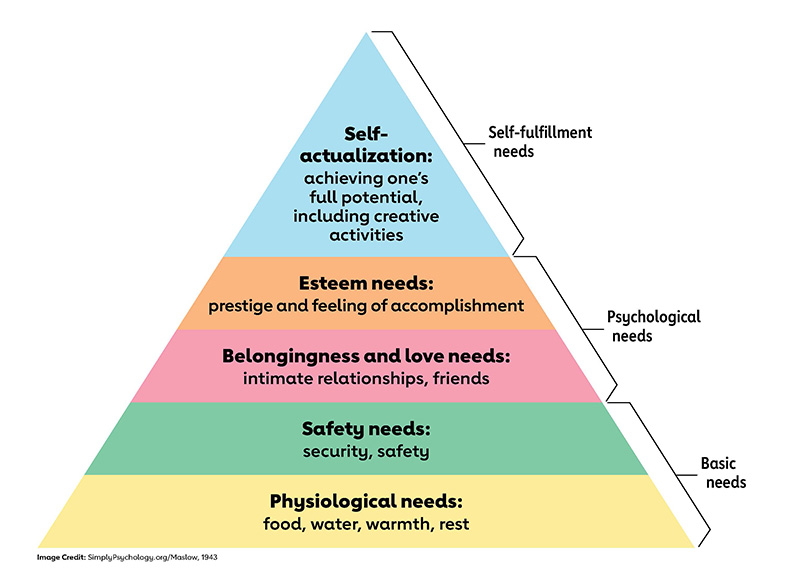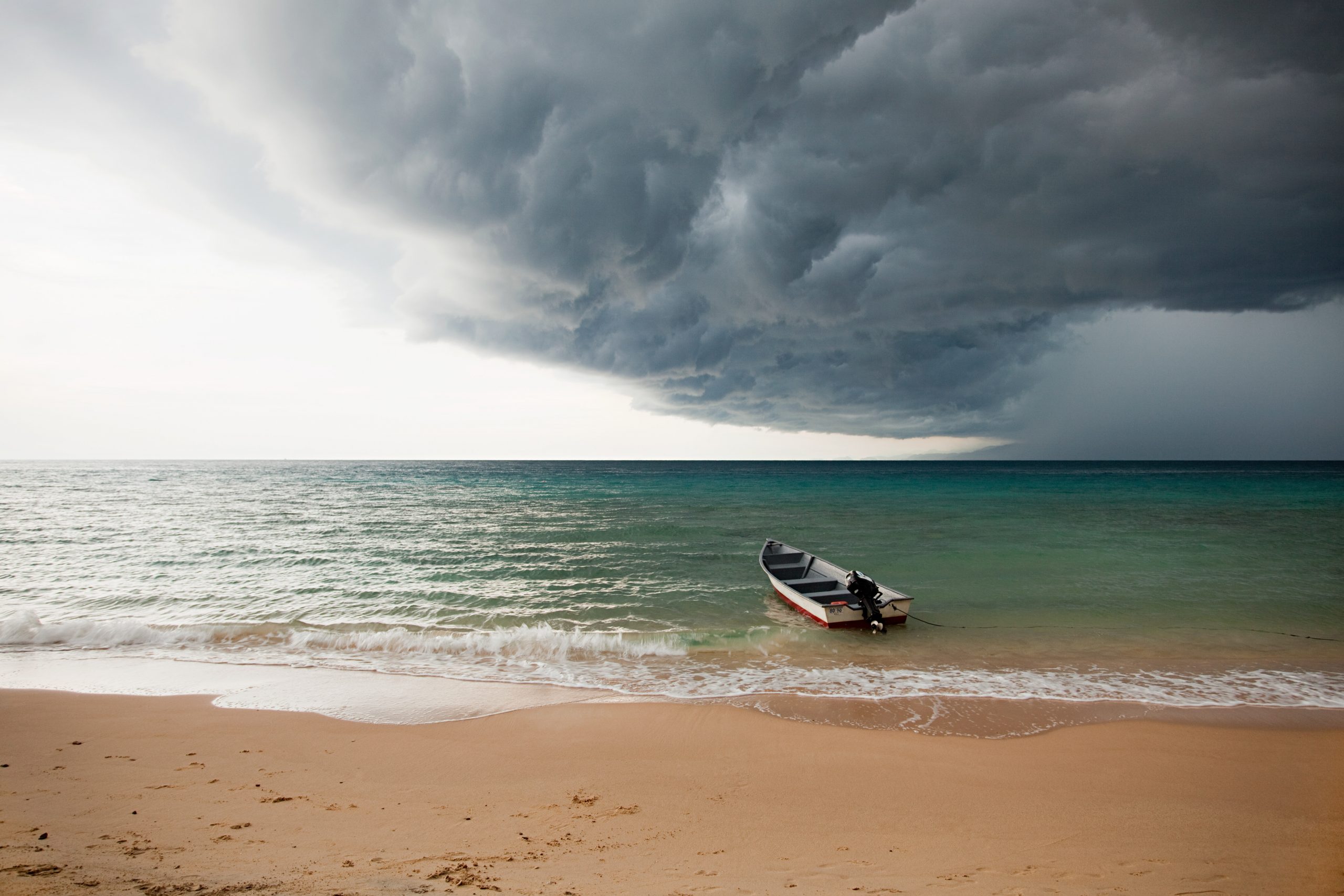Last week, I wrote about The War of Art, a book by Steven Pressfield, the author of The Legend of Bagger Vance. The book was recommended to me at just the right time in my life. I finished my MFA last year and came out of it tired, but promptly enrolled in two more year-long programs and launched a book coaching and editing business, while continuing to work at my full-time day job. A little over a year ago, I was up before dawn, writing three to four hours each and every morning before my day job even started. So I know I can do it. But over the past year, I’ve mastered every excuse for not writing or for promising myself I’ll get back to my old writing routine “starting on Monday.”
Pressfield’s book was perfect for me. I was well-positioned to write for several hours a day. I just wasn’t doing it. My only obstacle was myself. So I needed someone to tell me to stop mucking around and do my work. Thanks to Pressfield’s advice, I am beginning to think of myself as a professional writer and to behave accordingly.
But as I read, I also thought about the fact that not everyone is as privileged as I am. Not everyone can climb out of a warm bed in the morning, turn on a light, make a cup of coffee and a slice of peanut butter toast, boot up a computer, and write for several hours, without worrying about anything or anyone else. (Which makes my neglect of my writing all the more shameful.)
I was gradually reminded of “prosperity theology” (abundance as a sign of divine favor) and “limiting beliefs,” a philosophy that blames any lack of success on a person’s mindset, despite the person’s circumstances.
I am uneasy with descriptions of things like drug addiction, chronic illness, and tolerating abuse as products of a mind trying to avoid creative work. I’ve been guilty of allowing life’s unnecessary dramas to keep me from writing, and that, I agree, is disrespectful of my life, my dreams, and my talents. But there are things which are not so easy to set aside or escape from. I don’t believe that someone who is in an abusive relationship or battling illness or addiction is allowing limiting beliefs to keep them from realizing their potential as a writer.
I do believe writers can find greater success by changing their mindsets and by developing professional work habits. We can be limited by our beliefs. For example, we might believe we aren’t worthy of good things in life, when we most certainly are. Or we might believe we can’t wake up a couple of hours early to write before work, when we definitely can make that shift in our schedules. But it’s a mistake to say we can’t also limited by our individual circumstances. To believe otherwise is a limiting belief in and of itself, a way of shirking our obligation of love toward our fellow human beings. It’s similar to victim blaming–a way of shielding oneself from fear by thinking, “That could never happen to me. I would never end up like that, I would never find myself in those circumstances or in that situation, because I would never do the things that person did.”
I’m thinking now of Abraham Maslow’s Hierarchy of Needs, one of the most basic and accepted psychological theories, usually depicted as a pyramid:

The idea behind Maslow’s hierarchy is that human beings must have their basic needs for physical well-being and safety met before they can worry about other needs. In other words, if a person is homeless, cold, and hungry, their focus is going to be on finding shelter, warmth, and food. If they’re experiencing those circumstances, and they also have children in their care, or are struggling with a drug addiction or physical abuse, they face even more difficulty. In the meantime, they probably aren’t going to knock out the great American novel. They’re not going to move up the pyramid. They’re not limited by their beliefs; they’re limited by their circumstances. They’re limited by their need to spend their waking hours looking for food, or housing, or a job, or a place to sleep or shower. As you can see, “achieving one’s full potential, including creative activities,” is way up at the top of the pyramid.
Do people write novels under adverse circumstances? Yes, they do. We’ve heard about the outliers, like the woman who wrote an unbelievably successful book about a boy wizard while she was a single mother, living on government assistance in a rodent-infested flat, and hiding out from an abusive spouse, or the highly successful romance author who wrote all her books late at night after putting her seven children to bed. Stories like these can make us feel ashamed that we aren’t as industrious or as dedicated. But if someone doesn’t produce art while setting mouse traps in the kitchen, applying for restraining orders, and enduring rude remarks in the checkout line as they pay for their groceries with food stamps, to say that person is being held back by a scarcity mindset is a surface-level oversimplification. Even with the outliers, if you look at their stories more closely, there is almost always a little luck or privilege involved, as well as some access to support and options not everyone has.
I’ve had some rough circumstances in my own life. I’ve overcome some tremendous odds. Statistically, I should never have even graduated high school. And yes, I’ve worked hard, and I’ve been stubborn. I’m proud of what I’ve accomplished. But I’m also mindful of what part of that wasn’t earned, but was luck mixed with privilege. I’ve met other women who’ve experienced similar circumstances and who, for whatever reason, were broken by them or didn’t survive them in the same way. I’ve known women who didn’t survive at all. When I was in the worst of it, I was not brave or tenacious or resilient. I wasn’t writing. I was barely getting by. I didn’t do anything special to have come out okay on the other side, and the others didn’t do anything to deserve not coming out okay on the other side. I was lucky, and I was more privileged in some ways, and they were not as lucky or as privileged. Life, in that sense, isn’t fair. I’m quite aware things could have gone a completely different way for me, and I’m mindful that I didn’t do anything to earn the fact that they didn’t.
I was lucky for a long time before I found myself in a position to be able to build on that luck with my own hard work. I survived the storm and came into the calm. Only then was I able to begin to think about anything besides battening down the hatches and bailing the boat nonstop with a thimble.
I know this is kind of rambling. I guess what I most want to say is to be kind to yourself, but also be kind to other writers. People are struggling in more ways than we can begin to imagine. Be a warrior for yourself and your own writing, but also be a warrior for those who need a boost. If you are struggling, rather than shame yourself, consider what is holding you back–I think there is a lot of power in just knowing what we are up against. And then, please, ask for help. With any of it. With all of it. There are people who will help you reach the calm so you can have peace and begin to think about other things. After that, ask for a notebook and a pencil–writing will save you. And if you’re already in the calm, if you’ve had a bit of luck, enjoy your success, but then lift others up behind you.

